Essential oils have been used for centuries for their healing properties. They are derived from plant extracts and are known for their aromatic and therapeutic properties. The use of essential oils for healing purposes is referred to as aromatherapy, and it is a form of alternative medicine that is gaining popularity.
How Essential Oils are Extracted
Essential oils are extracted from plants through a process known as steam distillation. This process involves the use of steam to separate the oil from the plant material. The oil is then collected and stored in dark glass bottles to protect it from light and heat.
Another method of extraction is known as cold pressing. This method is used to extract oils from citrus fruits such as oranges, lemons, and limes. The fruit is pressed, and the oil is extracted from the peel.
How Essential Oils Work
Essential oils are made up of various chemical compounds that give them their unique properties. These compounds include terpenes, esters, alcohols, and ketones. When essential oils are inhaled or applied to the skin, these compounds interact with the body in different ways.
When essential oils are inhaled, the molecules enter the nasal cavity and bind to olfactory receptors. These receptors send signals to the brain, which then triggers a response in the body. This response can be relaxing, invigorating, or healing, depending on the properties of the essential oil.
When essential oils are applied to the skin, they are absorbed into the bloodstream through the pores. This allows the compounds to interact with the body on a cellular level, providing healing benefits. Essential oils can also be ingested, but this should only be done under the supervision of a qualified healthcare professional.
The Healing Properties of Essential Oils
Essential oils have a wide range of healing properties, including:
Anti-inflammatory
Many essential oils have anti-inflammatory properties that can help to reduce inflammation in the body. This can be particularly helpful for conditions such as arthritis, where inflammation is a major factor in the development of symptoms.
Antimicrobial
Essential oils have antimicrobial properties that can help to kill or inhibit the growth of harmful bacteria, viruses, and fungi. This makes them useful for treating conditions such as acne, athlete's foot, and fungal infections.
Relaxation
Some essential oils have relaxing properties that can help to reduce stress and anxiety. This can be particularly helpful for those with insomnia or other sleep disorders.
Pain Relief
Essential oils can also provide pain relief. Many oils have analgesic properties that can help to reduce pain and discomfort. This makes them useful for conditions such as headaches, menstrual cramps, and muscle aches.
Anti-aging
Certain essential oils have anti-aging properties that can help to reduce the appearance of fine lines and wrinkles. This is due to their ability to stimulate cell regeneration and increase collagen production.
Safety Precautions
While essential oils can provide many benefits, they should be used with caution. Essential oils should never be applied directly to the skin without being diluted first. This can cause skin irritation or even burns.
Essential oils should also be stored in a cool, dark place to prevent them from degrading. They should be kept out of reach of children and pets, as they can be toxic if ingested.
Additionally, some essential oils can interact with certain medications, so it is important to consult with a qualified healthcare professional before using essential oils.
Conclusion
Essential oils are a natural and effective form of alternative medicine that can provide many healing benefits. Their unique properties are derived from the chemical compounds found in the plants from which they are extracted and can provide relief for a wide range of conditions, including inflammation, pain, and stress.
When using essential oils, it is important to understand their properties and to use them safely. Dilution is essential to prevent skin irritation, and caution should be taken when ingesting or using them around children and pets.
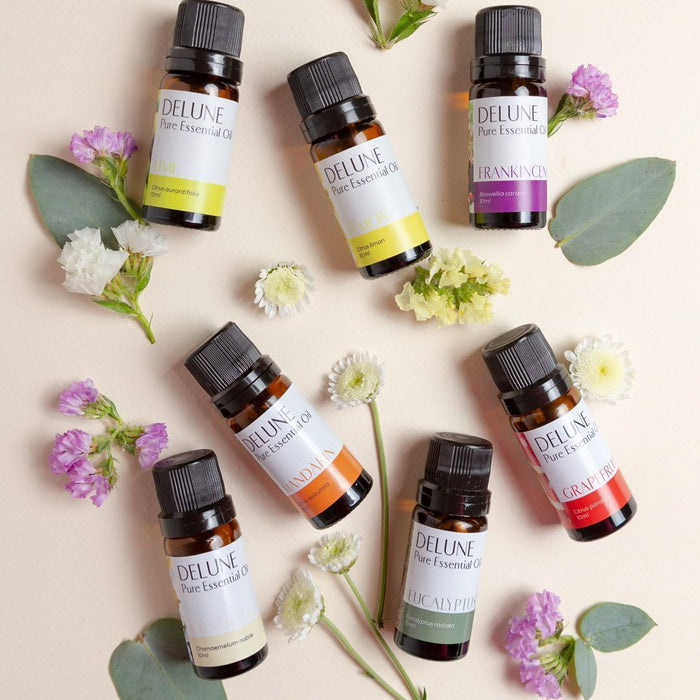


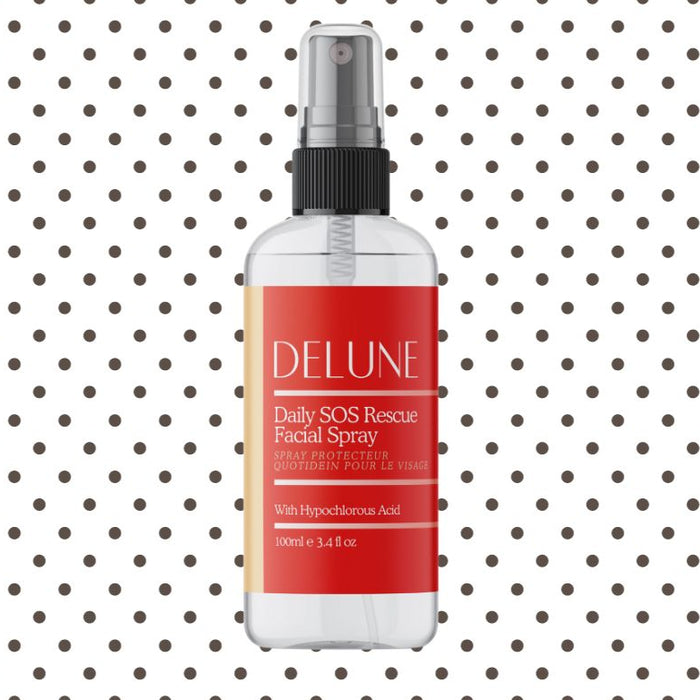


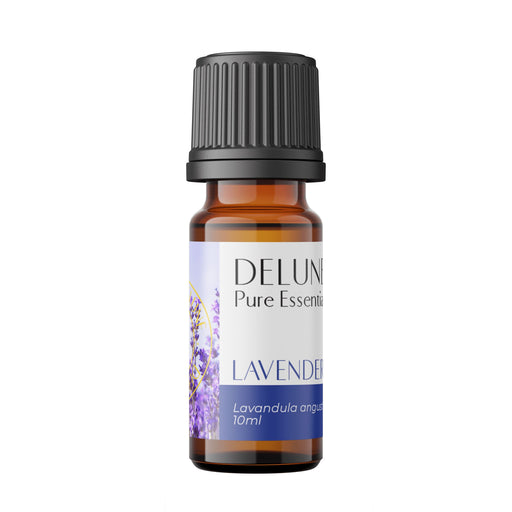
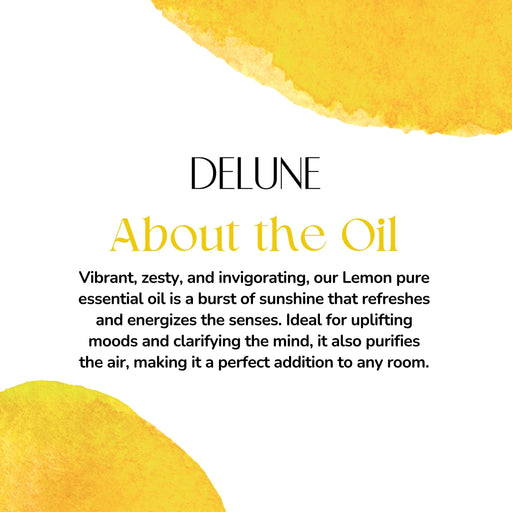
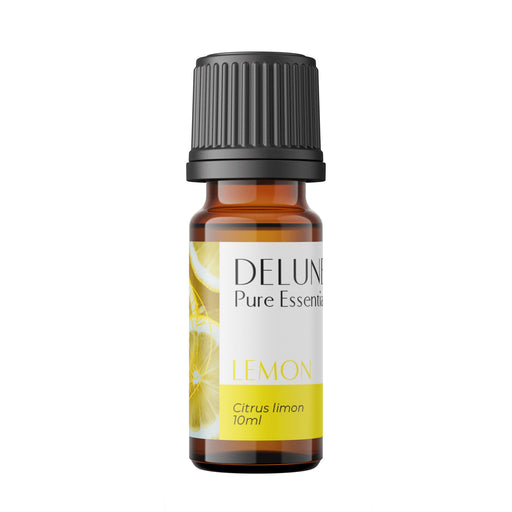
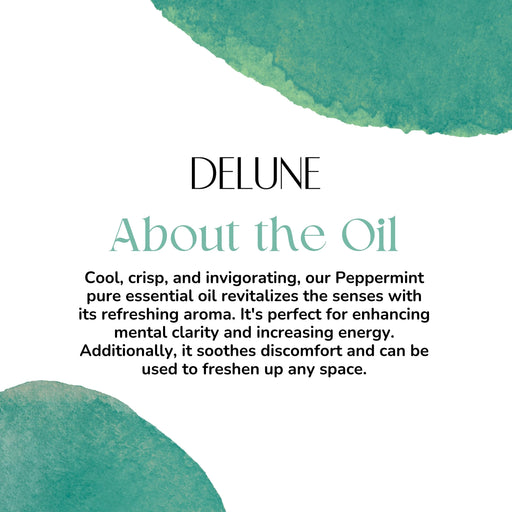
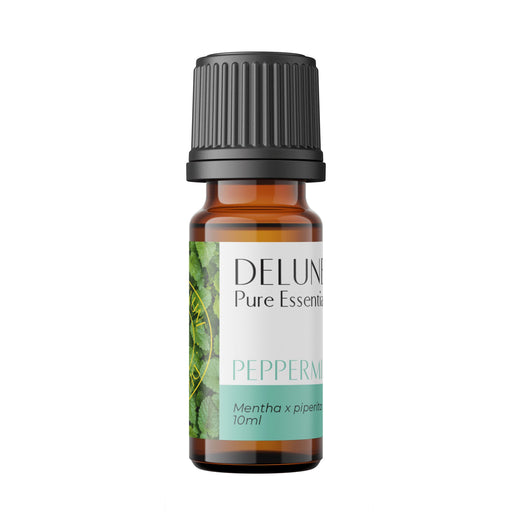
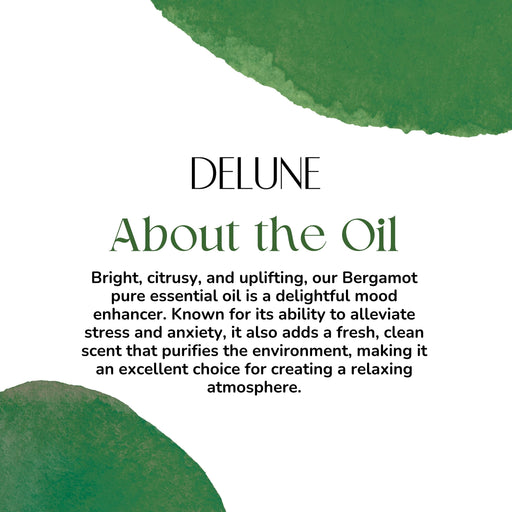
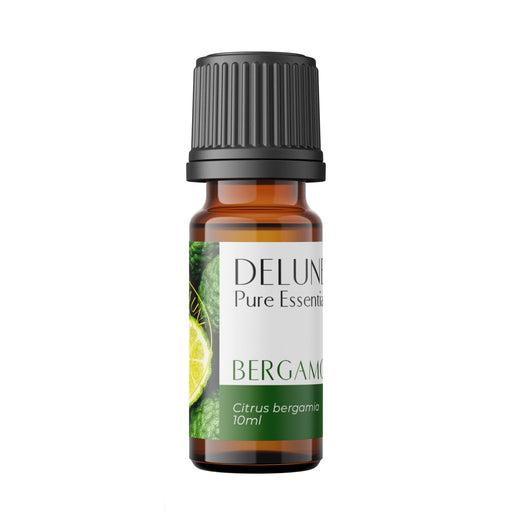

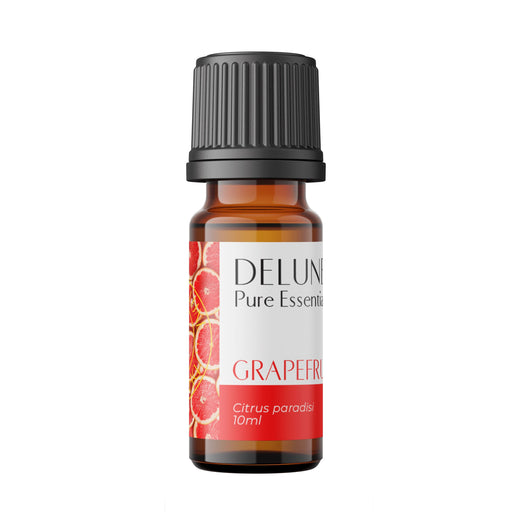

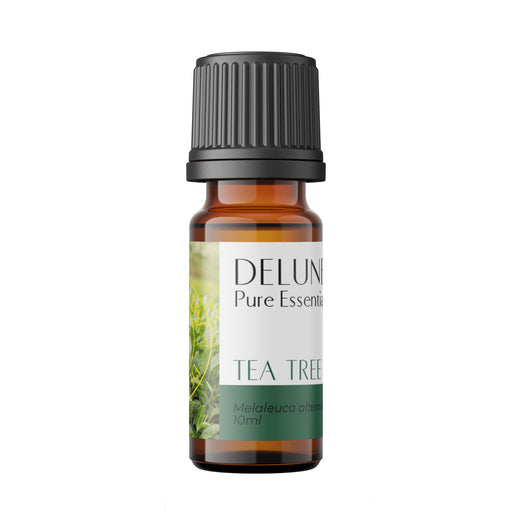
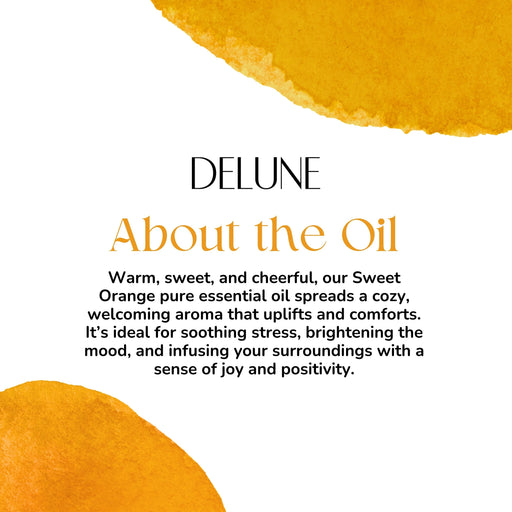
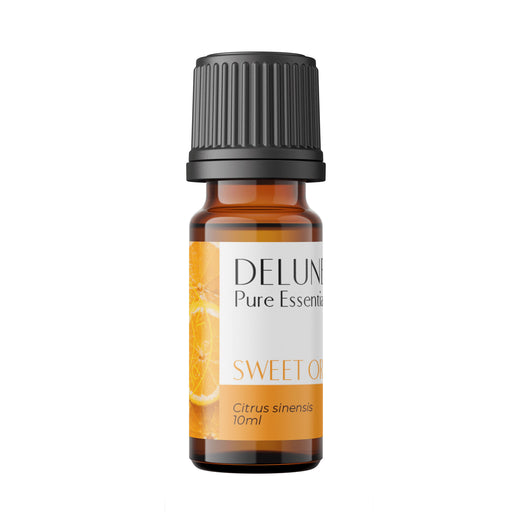
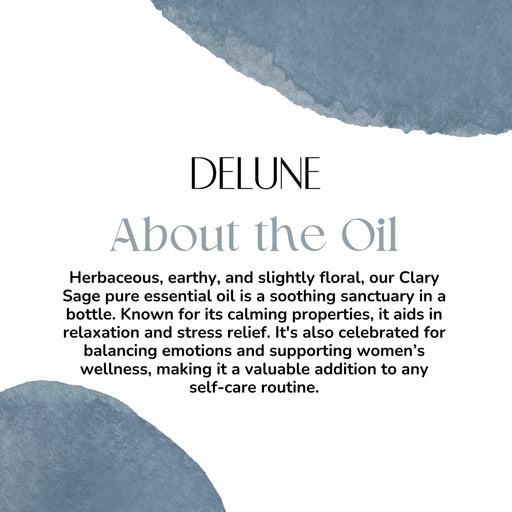
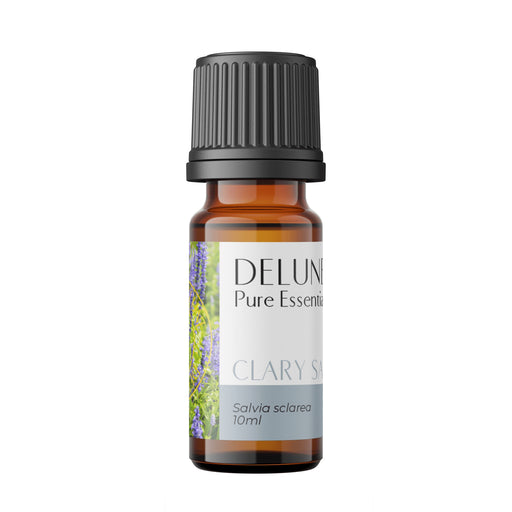
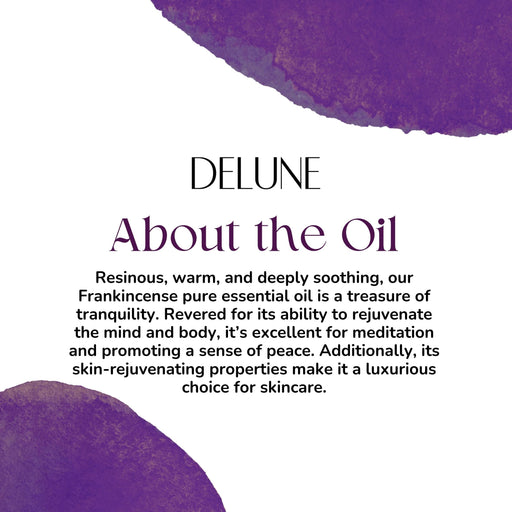
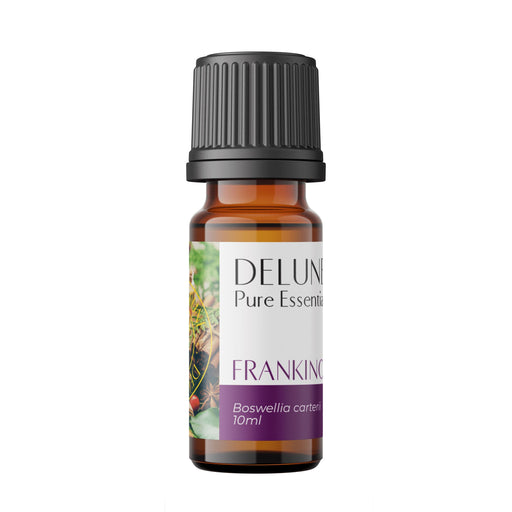
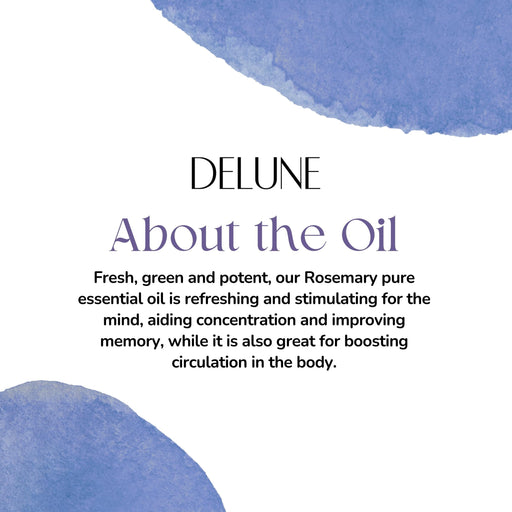
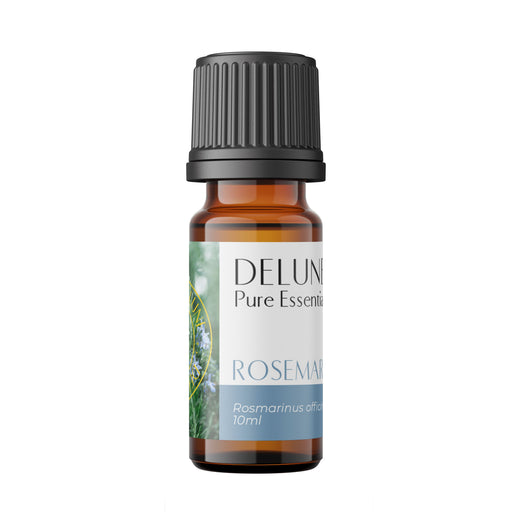
Leave a comment